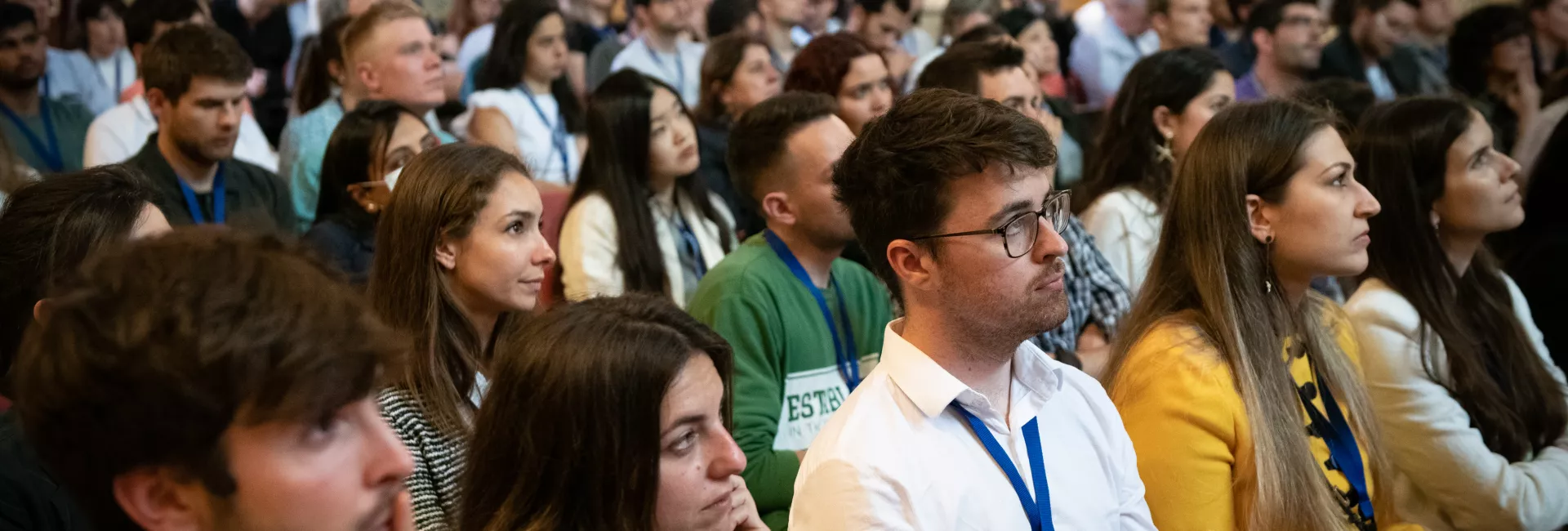Speaker: Raluca Gordan, PhD - Center for Genomic and Computational Biology, Department of Computer Science, Duke University, Durham, NC, USA
Presentation
Organizers: IRB Barcelona
Date: Friday 7 September, 12.00h
Place: Felix Serratosa room, Parc Científic de Barcelona, Spain
Host: Dr. Núria López-Bigas (IRB Barcelona)
Abstract:
DNA damage occurs frequently in mammalian cells, at a rate of 10,000-1000,000 events per day. If unrepaired, DNA lesions can impair critical cellular functions, lead to mutations and disease. Several molecular pathways are responsible for repairing DNA lesions, and the first step in most pathways is the recognition of damaged sites by repair enzymes. Both DNA damage and DNA repair occur in the presence of many DNA-binding proteins, including transcription factors (TFs) that regulate gene expression. If has been hypothesized that TFs bound at or around damaged sites can compete with repair enzymes and thus interfere with repair. My laboratory is developing high-throughput techniques to directly and quantitatively define the influence of DNA damage on TF binding, and the influence of TFs on the recognition of damaged sites by repair enzymes. I will present our recent results on the effects of mismatch and U.V. damage, both of which can lead to increased TF binding at specific sites. Preliminary analyses of noncoding somatic mutations show an enrichment of mutations that could result from inefficient repair of damaged sites bound with high affinity by TFs. Our work provides important insights into the creation of mutations in regulatory genomic regions. A better understanding of mutagenesis in these regions is essential for future approaches to identify driver noncoding mutations in human cancers.
Plenary Seminar

